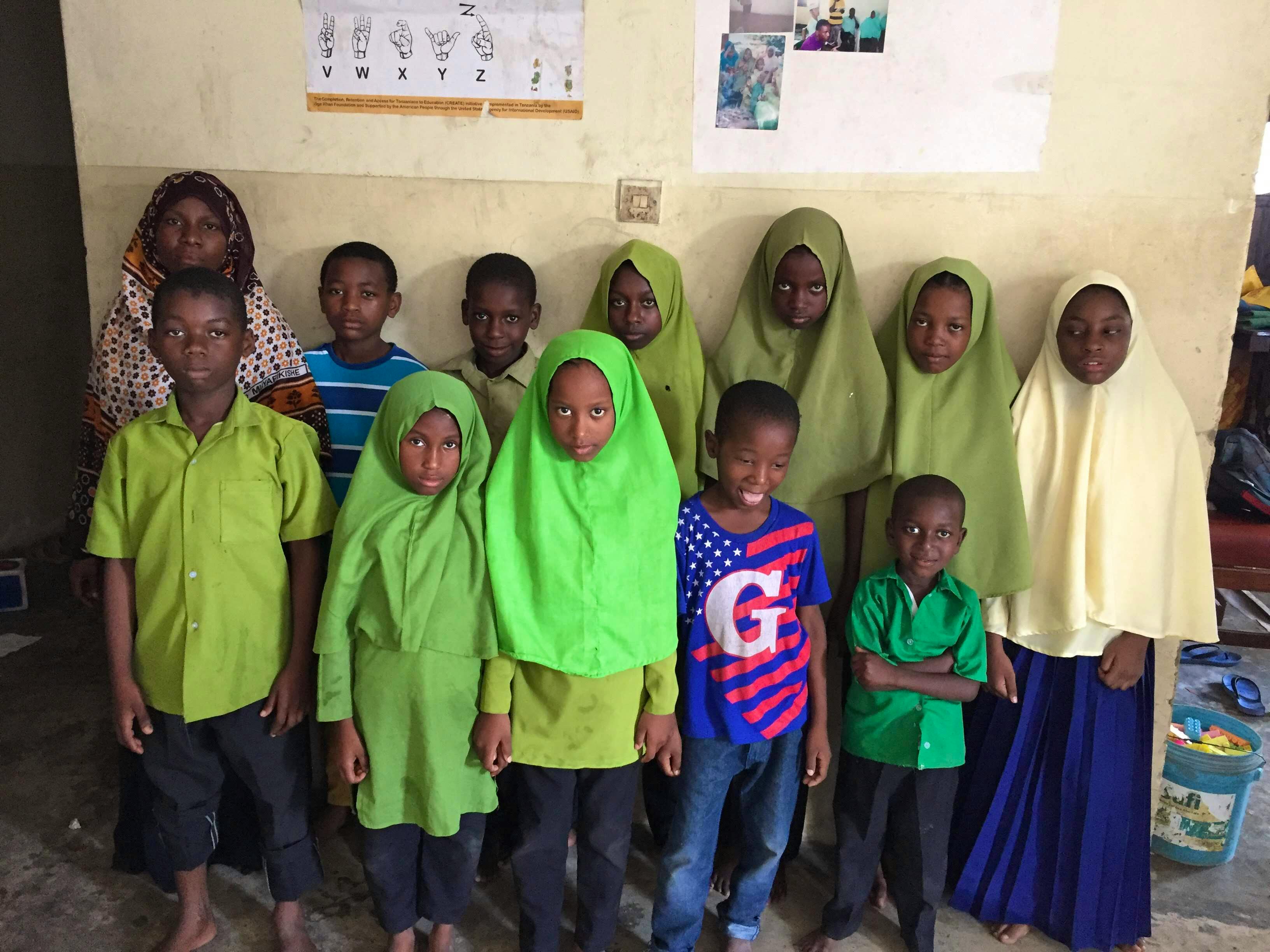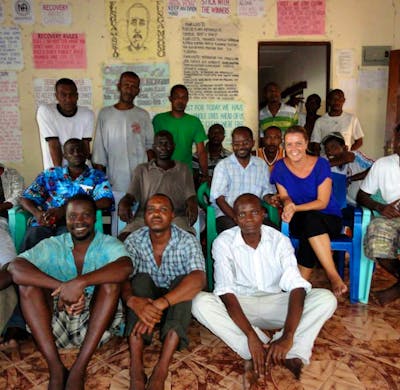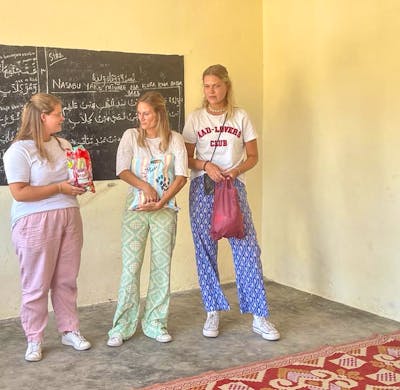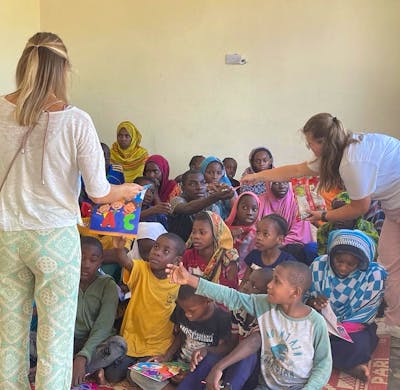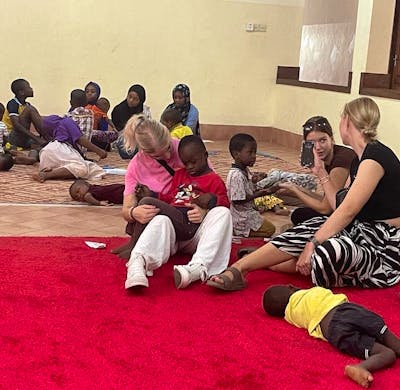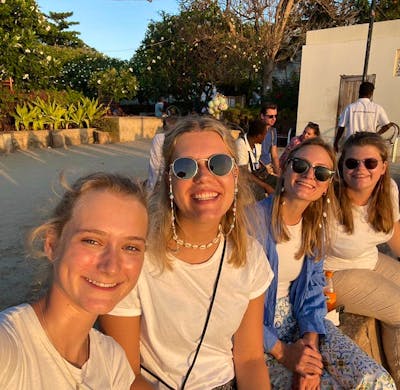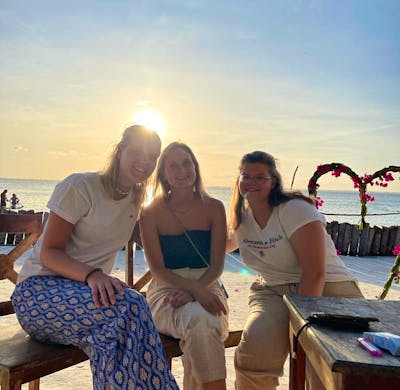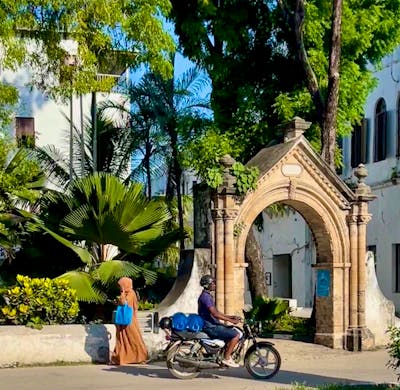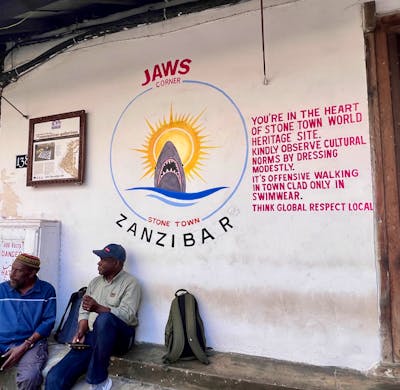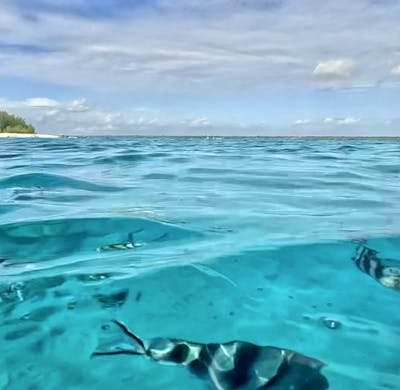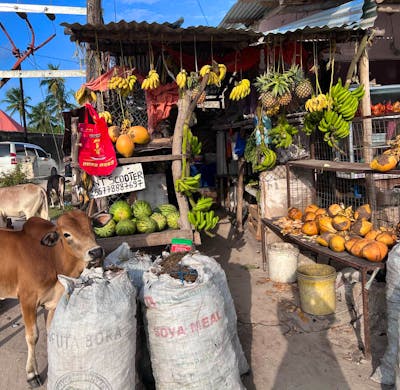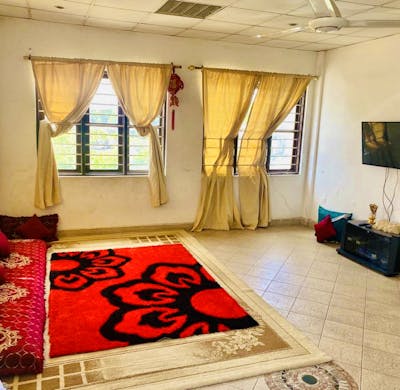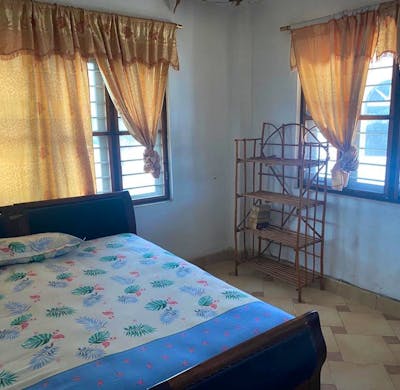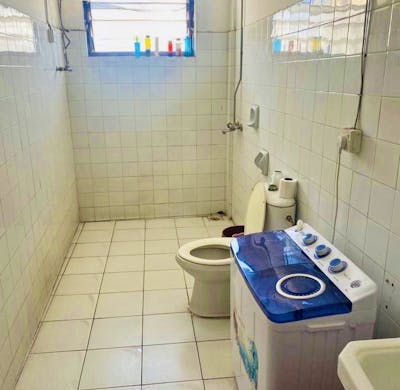Our project aims to provide volunteers with practical experience and development opportunities in the field of Social Work on the island of Zanzibar. It provides hands-on practical training, local mentorship and support to prepare volunteers for effective intervention, advocacy, awareness and guidance for individuals and communities facing diverse challenges.
There are three programmes: disabilities with children, HIV/AIDS and addictions. These areas carry huge stigma in Zanzibar, so volunteers help break down these barriers, give much needed attention and help support locals trying to better the lives of communities affected.
It is perfect for those studying, qualified or experienced in Counselling, Social Work, Psychology, Physiotherapy, Special Education, Occupational Therapy or a related field or for those able to teach sign language.
Disability programme
Children and teenagers with disabilities are facing many challenges in Zanzibar and struggle to do tasks that ordinary people do, as well as gaining an education and navigating a complicated health care system. The prevalence of disabilities in Zanzibar is significant, with estimates suggesting that around 10% of the population may have some form of disability. These disabilities can be physical, sensory, intellectual, or mental health related.
Children with disabilities in Zanzibar often face barriers to accessing education. Limited resources, lack of specialized support services, and stigma contribute to low enrolment and high dropout rates among children with disabilities.
Individuals with disabilities in Zanzibar may face challenges in accessing healthcare services. Physical barriers, lack of specialized care, and social stigma can hinder their ability to receive proper medical treatment and support. Added to that people with disabilities in Zanzibar encounter difficulties in accessing employment opportunities and participating fully in the workforce., inaccessible workplaces, and lack of skills training programs contribute to high unemployment rates among individuals with disabilities. Stigma and discrimination against people with disabilities persist in Zanzibar, leading to social exclusion and marginalization. Negative attitudes towards disabilities can impact individuals’ self-esteem and quality of life.
This Social Work Experience programme is designed to enable changes for the lives of those with disabilities by promoting disabled children’s rights, opportunities, decision making and access to the full benefits of our society.
The Social Work Experience is providing this opportunity for volunteers and interns who are willing to spend time with children with disabilities, as well as providing health care, teaching sign language, etc.
Aim: to help change the lives of those with disabilities such as speech impediment, deafness, problems with legs, or multiple disabilities.
Role of the volunteer: taking care of the children at the centre, teaching them sign language, and basic hygiene, feeding them, playing with them, help the staff in day-to-day work and other administrative tasks, design an education curriculum that would help these children grasp some subjects, etc.
Aimed at: Those studying or qualified in Psychology, Psychiatry, Physiotherapy, Occupational Therapy, Speech and Language Therapy, Special Education, Teaching with a focus on hearing impairments or the blind, or those who know sign language and are experienced in supporting those with disabilities.
Addictions programme
Zanzibar has a high use of drugs in east Africa, and many drugs addicted people are in treatment and rehabilitation centres known as “sober houses” around the island. The Social Work Experience project welcomes interns and volunteers to come to Zanzibar and help those trying to recover from drugs as well as giving an opportunity to interns and volunteers who want to conduct research and gain practical experience in dealing with these social issues in a foreign country.
Zanzibar’s strategic location along major drug trafficking routes, particularly in the Indian Ocean, makes it susceptible to the influx of illicit drugs. The island’s proximity to drug-producing regions and its porous borders contribute to the availability of drugs within the region. Young people in Zanzibar are particularly vulnerable to drug addiction. Factors such as unemployment, poverty, lack of educational opportunities, and social marginalization make them more susceptible to drug use as a coping mechanism or as a means of escape.
A variety of drugs are prevalent in Zanzibar, including heroin, cocaine, and various synthetic drugs. Heroin, in particular, is a significant concern and has a high addiction rate among users. Drug addiction has serious health consequences including increased risk of infectious diseases such as HIV/AIDS and hepatitis due to needle sharing among drug users that inject. Additionally, drug overdoses are not uncommon.
Drug addiction has profound social and economic impacts on individuals, families, and communities in Zanzibar. It can lead to broken families, loss of livelihoods, and increased crime rates, including drug-related crimes such as theft and violence on an island that is already struggling with social-economic issues.
Stigma surrounding drug addiction remains a significant barrier to seeking help and support. Individuals struggling with addiction often face ostracization and discrimination, which can exacerbate their problems and deter them from seeking treatment.
Goal: to help young people trying to end the use of drugs and addiction
Role of the volunteer: providing counselling and therapy services, explaining the effects of being drug addicted, assisting with mental health and positive behavioural support, providing civil educations, etc
Aimed at: Those studying or qualified in Social Work, Sociology, Psychology, Research, Health Studies, and other related fields.
HIV/AIDS programme
Communities in Zanzibar have little education on HIV/AIDS. This programme designed to support HIV/AIDS education including the detailed information about prevention of infection, how and where to get confidentially tested on the island, education and information on how to live and cope with HIV.
The main modes of HIV transmission in Zanzibar include unprotected sexual intercourse, mother-to-child transmission during pregnancy, childbirth, or breastfeeding, and, to a lesser extent, injection drug use and male-to-male sexual contact.
Certain populations are particularly vulnerable to HIV infection in Zanzibar, including sex workers, people who inject drugs, and mobile populations such as truck drivers and migrant workers.
Gender disparities exist in HIV prevalence and vulnerability in Zanzibar, with women and girls disproportionately affected by the epidemic. Sociocultural factors, including gender-based violence, limited access to education and economic opportunities, and unequal power dynamics in sexual relationships, contribute to women’s increased risk of HIV infection.
Zanzibar has implemented various strategies to prevent and control HIV/AIDS, including promoting condom use, expanding access to HIV testing and counselling services, providing antiretroviral therapy (ART) for HIV-positive individuals, and preventing mother-to-child transmission of HIV. Despite progress in HIV prevention and treatment efforts, Zanzibar faces several challenges in combating the epidemic. These include limited healthcare infrastructure and resources, stigma and discrimination associated with HIV/AIDS, low levels of HIV awareness and risk perception among certain population groups, and barriers to accessing HIV services, particularly among marginalized populations.
Addressing the HIV/AIDS epidemic includes key strategies like scaling up HIV testing and treatment services, addressing underlying social and structural determinants of HIV vulnerability, and promoting human rights-based approaches to HIV prevention and care.
Goal: To prevent new infections from taking place and to improve the quality of life for HIV positive people.
Role of the volunteer: engaging in local communities, providing HIV/AIDS education, providing counselling to families and those affected by HIV/AIDS, participating in behavioural change campaign, testing people for HIV/AIDS, etc.
The participant will help educate people about HIV for example what HIV and AIDS is, how it is transmitted, and how people can protect themselves from infection, teaching people how to put this information to use and act on it practically – how to get and use condoms, how to suggest and practice safer sex, how to prevent infection in a medical environment or when injecting drugs.
Aimed at: Those studying or qualified in Social Work, Sociology, Psychology, Researchers, Health Studies, Counselling, Psychiatry and other related fields.
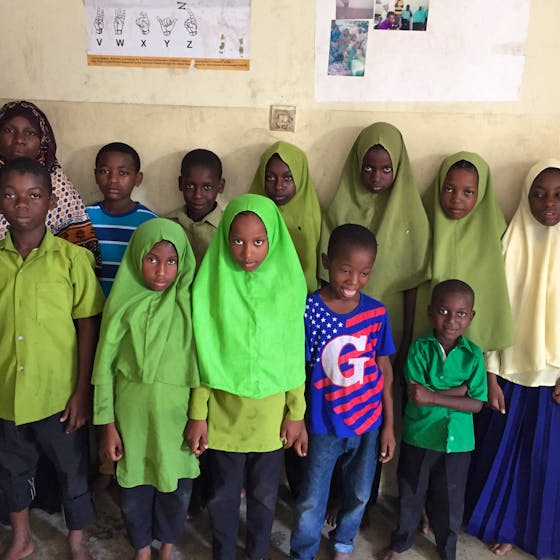
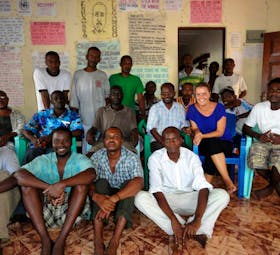
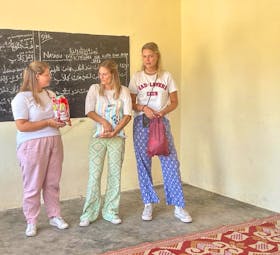
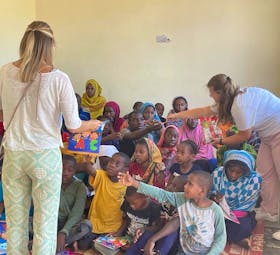
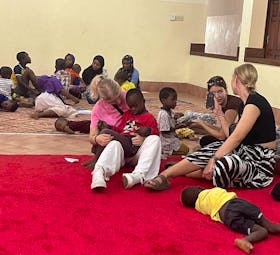
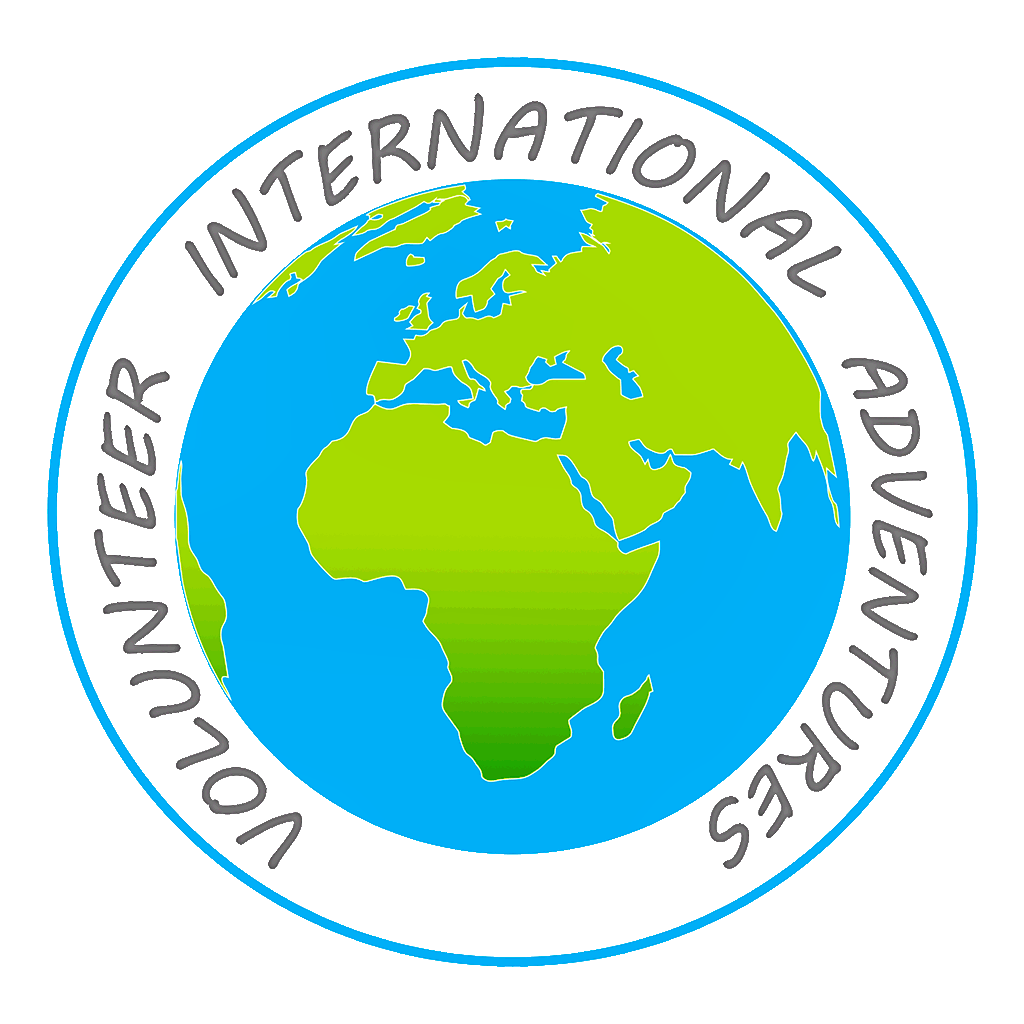
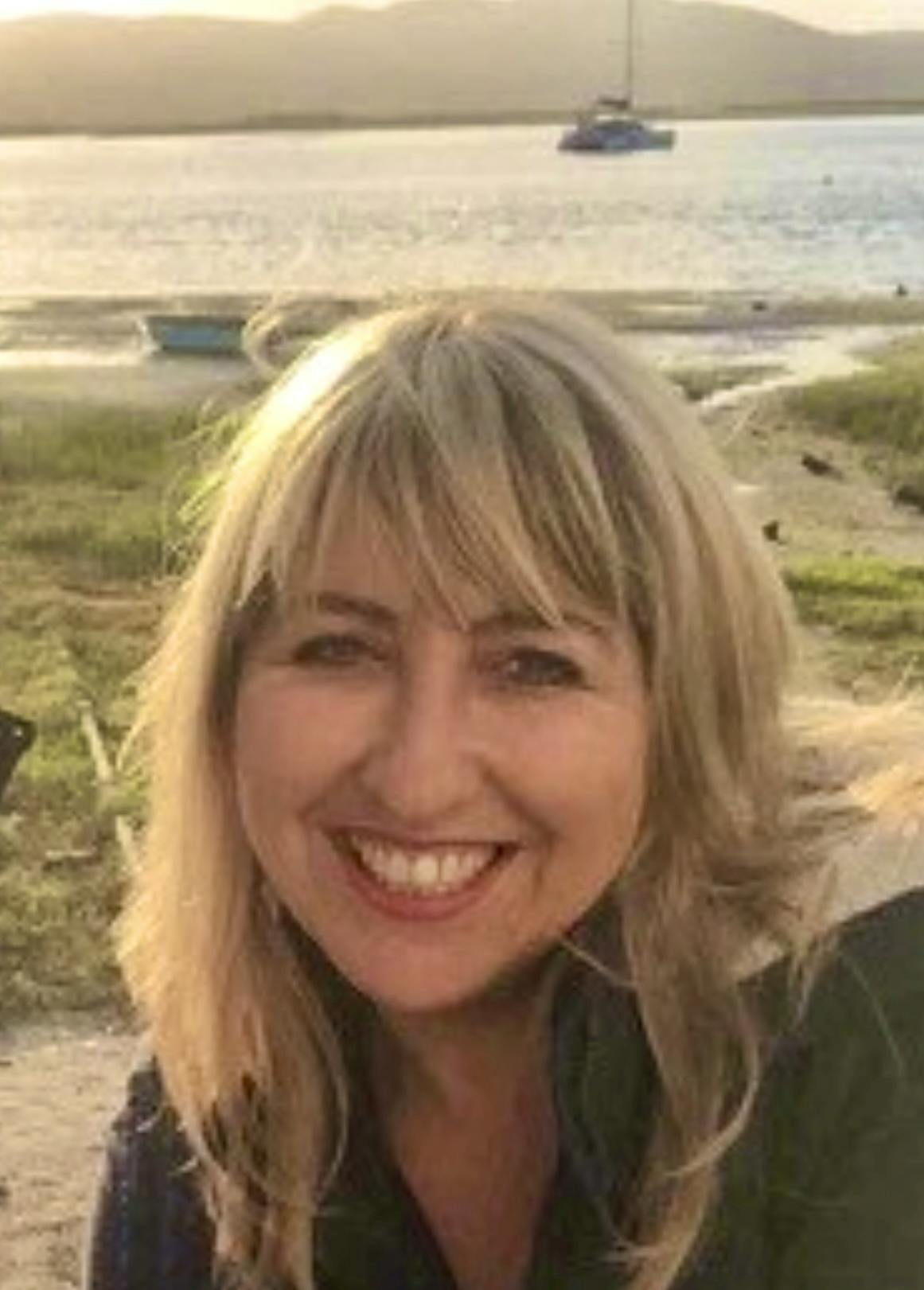
 4.7
4.7

